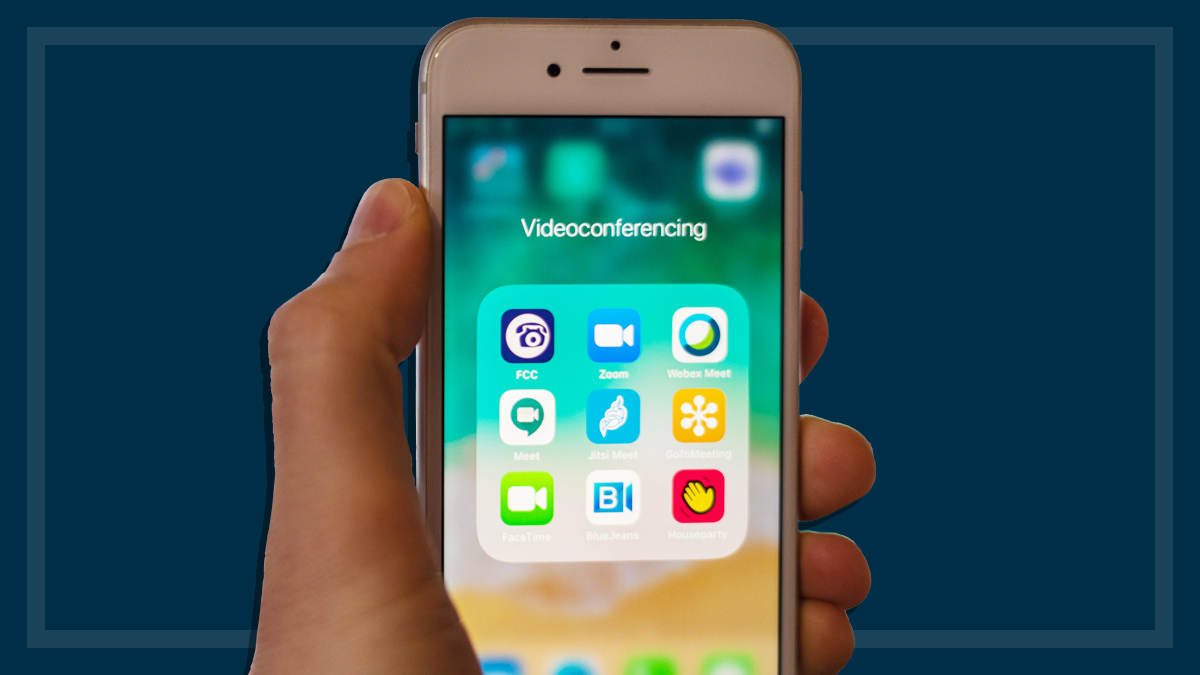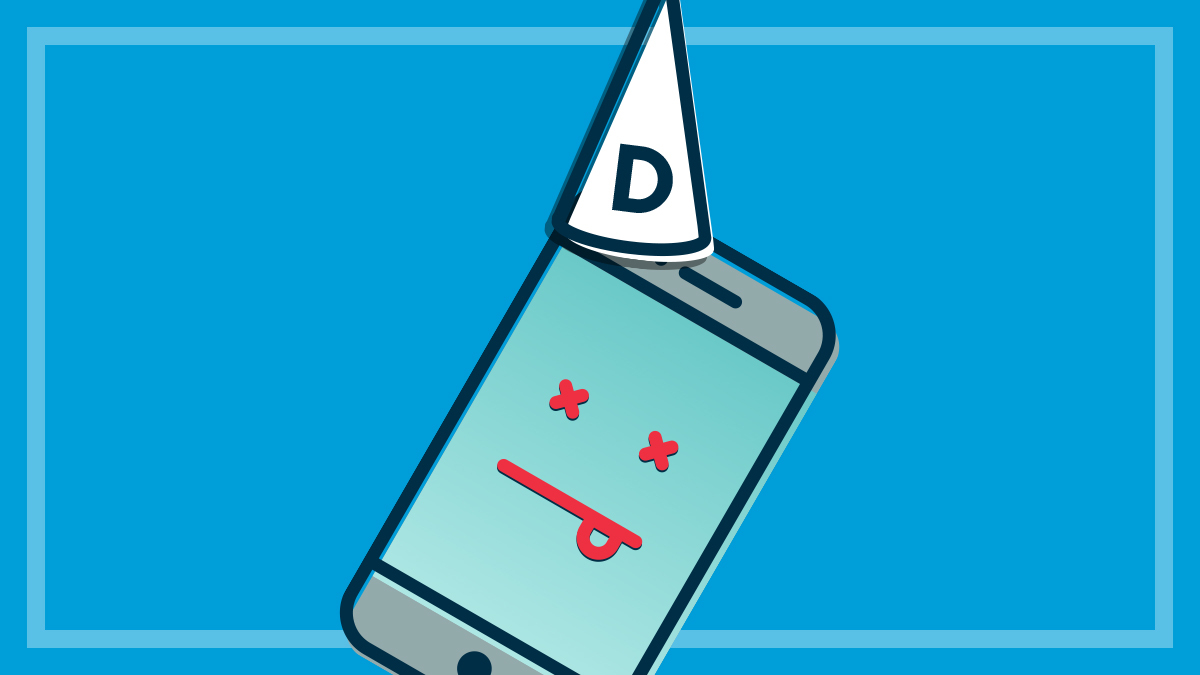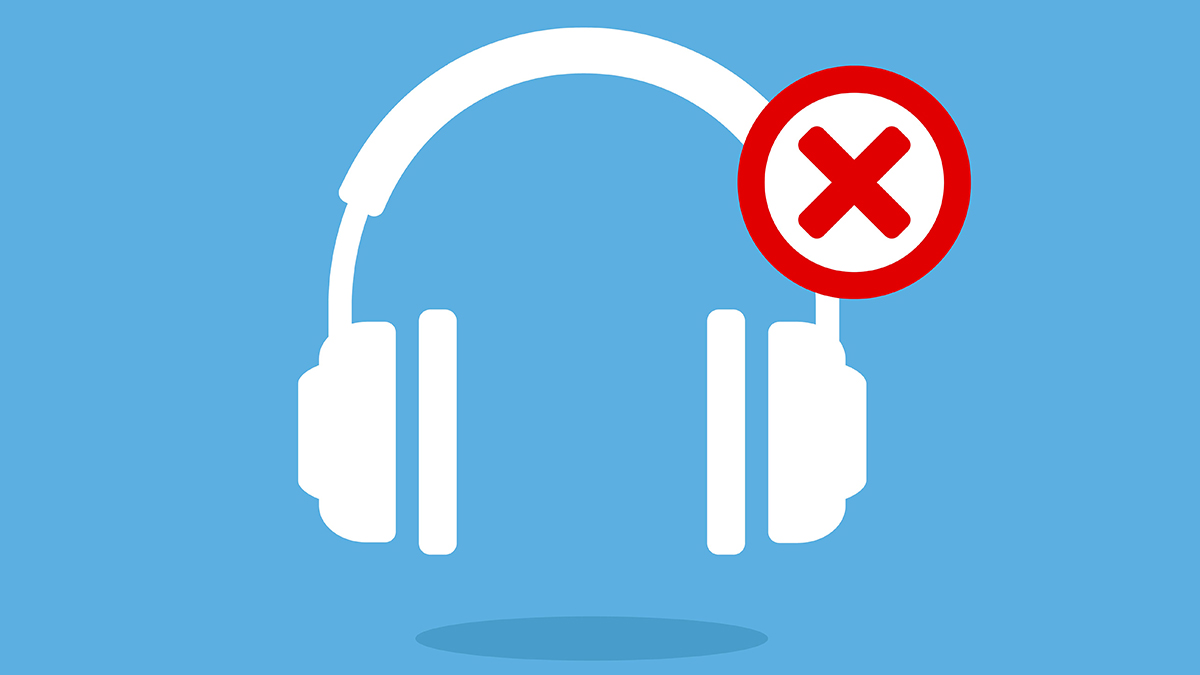Get our independent lab tests, expert reviews and honest advice.
How to find the best video chat apps

Online video chat went through something of a boom in 2020, to the point where it’s cemented itself as a popular type of communication. Many more people have become familiar with the technology as a result and while usage may wane a bit in the years to come, video chat is here to stay.
On this page:
- How do video chat apps work?
- How to use video chat apps
- Are free or paid chat apps better?
- Are video chat apps secure?
- What to look for in a video chat app
- Video chat etiquette
Whether you use it for meetings, online gaming or catching up with friends, video chat can be a versatile tool. But each program does things a little differently, so it’s important to understand how they work and the features on offer so you can find the best one for work and socialising.
How do video chat apps work?
Video chat is more or less the same as a phone call but it happens over the internet instead of a phone line or mobile network. Everyone in the chat needs to be using the same program, which means you can’t use Zoom to call someone on Facebook.
Most require you to download and install the software on your computer or smartphone, however there are a few that can operate in your web browser. The good news is that they’re cross platform, which means you can use your Apple laptop to speak to someone on an Android smartphone as long as you’re using the same program.
There are some social media or communication platforms that offer video chat as part of their overall service. Google, Facebook and Slack are some examples of services that offer more than just video chat.
Account required
Almost all of these apps require an account which is typically an email and username.
Operating system support
Before you download and install your app of choice, make sure your computer or mobile device supports it. Devices running older operating systems with low-end hardware may not let you install the software. You can check the requirements in the specifications in our review.
How to use video chat apps
While you can hook up with a few people simply by downloading an app on your smartphone, the following things will help you get the best experience for video group chatting.
- An internet connection, preferably 10 megabits per second or more.
- A connected device with a camera – built-in or attached. This could be a smartphone, tablet or PC (Windows or Apple Mac), however the device you own may determine the video group app you can use as well as how your group appears on your screen.
- A microphone – built-in or attached (e.g. a headset).
Keep in mind video chat can use a lot of data. So if you have a limited data plan or you’re using mobile internet (3G, 4G or 5G), keep an eye on your data use. Video chat also chews through your battery if you’re on a portable smart device.
Picking a host
Like any get-together, video chats require a host. This is usually just the person that calls everyone in the first place but some also provide additional admin features. For example, you can set things up so people are only let in once the host approves them, which is a handy privacy tool. Most also give the host powers to mute, exclude and even boot participants.
In some cases the chat will end if the host leaves. If the host needs to go, they can hand over hosting duties to another person in the chat for those that want to stick around.
Are free or paid chat apps better?
Though every chat app in our test has a free version, some impose restrictions unless you pay a fee. These usually involve call length and participation limits. For example, the free version of Zoom limits chat time to 40 minutes when three or more people are logged in, whereas the paid version removes this restriction. You’ll also find some additional features if you pony up a bit of cash. Generally speaking, the basic access provided in the free versions should suit the needs of most people.
In some cases, the host is the only user that needs to pay. Any features that they have access to can be shared with all participants, regardless of whether everyone else is using the free or paid version. If the host needs to leave, they can usually transfer the paid features to another user for free, for the remainder of the chat.
Moving the paywalls
The service providers can move features in and out of the free and paid versions whenever they want. This can be frustrating as free features that you enjoy and have gotten used to can suddenly attract an additional charge to continue using. This has happened throughout the course of the COVID-19 pandemic.
When the world went into lockdown in 2020, video chat rapidly became a major form of communication for homes and businesses. Many video chat providers offered unlimited chat times for a large number of participants with many additional features for free in order to build up their market share. Over time, we’ve seen some roll these into the paid version while limiting what’s on offer for free users.
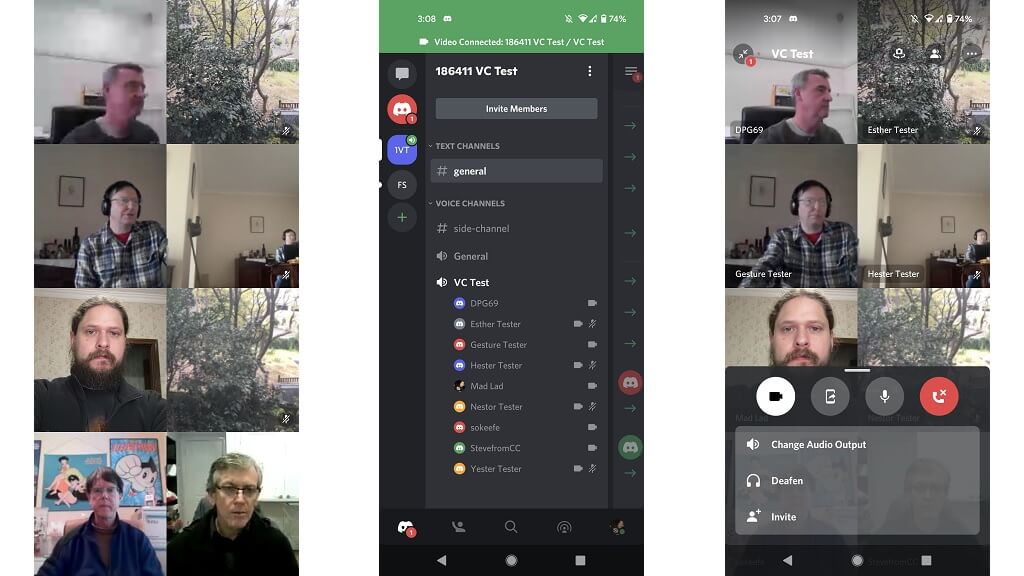
Are video chat apps secure?
As video chat apps became more and more popular, questions surrounding their security and privacy policies began to emerge. These typically related to whether group chats were protected from unwanted guests but also included questions as to what each company does with your personal data and whether conversations are tracked to sell to advertisers.
Unfortunately this stuff is typically buried in the privacy policy but most brands also make a big deal about security on their homepage. Things like end-to-end encryption are important as they help stop hackers from intercepting your conversation as it zips between devices. It’s also worth noting where the service is hosted as some countries have much more robust data privacy laws than others.
Some services, such as Signal, take this one step further by registering as a non-profit so they’re not beholden to any major brands that may want to sell your data. Open source platforms are also popular as the source code is public which supposedly makes it safer as people can make sure the developers aren’t hiding anything dubious.
We don’t test security claims but we do note them in the table of our video chat apps review.
Safety steps
There are some steps you can take to help keep your chat private.
- Make the chat invite only.
- Set up a password or pin number that guests need to enter before joining.
- Require approval from the host. That way they can stop strangers from joining if the link accidentally goes public.
- Select a service which gives the host boot capabilities. They can then quickly remove unwanted guests that slip through the gate.
What to look for in a video chat app
App ecosystem
You’ll have a smoother experience if the video conferencing app is integrated with the other social networking or productivity apps you use. If you and your friends all use the Apple ecosystem, then Group FaceTime is worth a try. However, make sure everyone in the group has a reasonably new Apple device as Group FaceTime isn’t as universally supported among Apple devices as one-to-one FaceTime.
If you have Gmail and work on all the other Google apps, why not give Google Meet a try? If you live on Facebook, then Messenger or WhatsApp are just a click away. Also, your sign-in ID may be the same as another app you use such as Facebook, Apple or Google.
Business features
The ability to record the meeting, share files and download transcripts are all features that have been around in high-end business video conferencing apps and are now starting to appear in some of the free versions.
Hand-off to other devices
Lets you move from one device to another (e.g. laptop to smartphone) without having to leave the chat.
Host controls
Some apps have host controls, which let you mute or remove individuals in the group video meeting, which can be handy with larger gatherings. If the host has access to the paid version of the service, then additional features are often available to all other attendees regardless of the version they’re using.
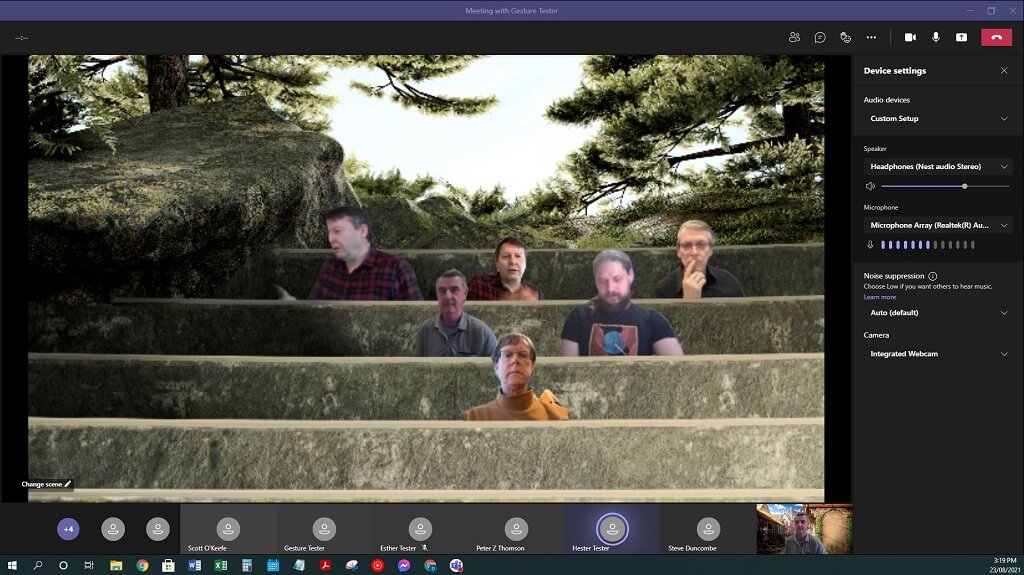
Host location
Where the site is hosted could affect performance and security. Not many sites are hosted in Australia, but you may not want to go with an app that has its hosting in a country such as Bolivia or Iraq.
Participant limit
Most apps have a participant limit – some have eight, others have 100 or more. There’s also a maximum number of users shown on screen, which means the person speaking is front and centre, while others are watching but not seen by everyone else.
Screen share
Broadcast the content of your screen to everyone else in the chat. Though this is usually used for business presentations, it’s also good for some online games such as trivia.
Speaker highlighting
Some apps provide a highlight bar or frame to let you know who’s speaking, which can be handy when several people are in a group video chat.
Virtual backgrounds and filters
Virtual backgrounds can be placed behind you when you video chat, transporting you to an island or outer space. You can also add fun filters to appear as an animal or alien for example.
Web browser support
Useful if you want to join a chat but don’t want to (or can’t) install the software such as when you’re on a public computer.
Video chat etiquette
If you’re not a regular user of video chat apps, here are some dos and don’ts on how to act.
- DO: Carry out a test run with someone before you do that first catch-up with friends or colleagues to make sure you look and sound your best. That way you won’t burst into the group video chat with full volume and video zoomed in on your left nostril.
- DON’T: Keep your mic on when you’re not speaking – know where the mute icon is on your screen and don’t be afraid to use it. If it’s your first time on a video group chat, you may find yourself wondering what that irritating background noise is and realise it’s you.
- DO: Pick your audience when you want to use a silly virtual background or face filter. Though you may think they’re fun, other attendees may find them irritating and inappropriate during meetings (like the Texas lawyer who found himself trapped as a cat during a court debate).
- DON’T: Talk over each other. This may be fine at a cafe as you’re acutely aware of breaks in conversation, but in a group chat this can quickly become a noisy mess. Wait for an obvious queue or use the chat facility to ask a question or comment – that way the other group members will be aware that you want to say something.
- DO: Move into a quiet room and turn down nearby noises if possible.
- DON’T: Try to multitask during the session and think no one will care or notice. Whether it’s a casual chat with mates or an important work meeting, when your face is taking up a full tile everything you do will be amplified, such as looking at a Facebook post or flicking through a magazine.

